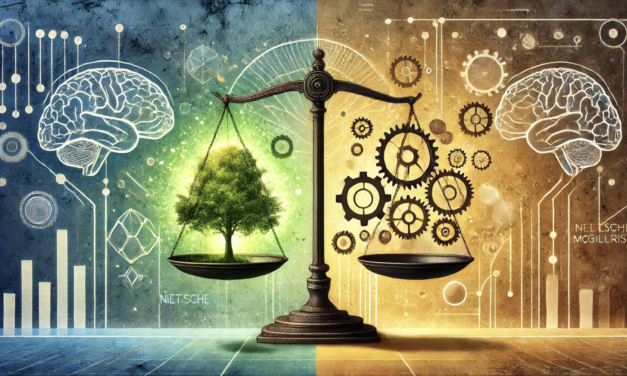Revolutions: The World Between 1750 and 1850
Between 1750 and 1850 Enlightenment ideals challenged traditional hierarchies, leading to political revolutions and new conceptions of governance. The Industrial Revolution reshaped economies, bringing both prosperity and new social challenges. Meanwhile, European expansion restructured global trade, integrating distant regions into a world economy dominated by Britain.
Read More





